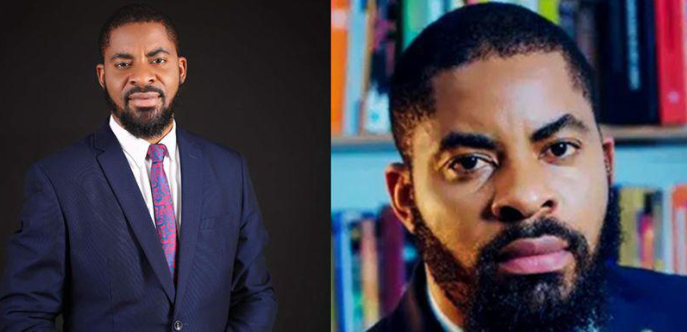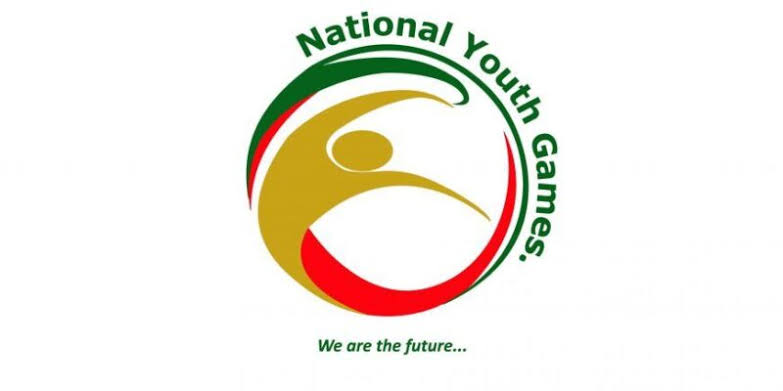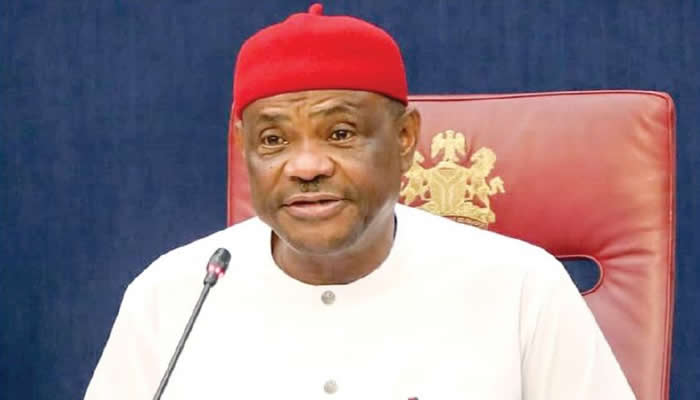
“Freedom of Speech Isn’t Freedom from Consequences” — Deji Adeyanju Warns Nigerians Posting Reckless Comments on President’s Death

In the wake of former President Muhammadu Buhari’s sudden passing, emotions have erupted across the nation, both online and offline. While the atmosphere remains charged with grief, confusion, and political tension, some Nigerians have taken to social media to vent their thoughts—some responsible, many outrageous, and a few bordering on the dangerous. Into this volatile climate stepped popular lawyer and activist, Comrade Deji Adeyanju, with a word of caution that has now sparked intense debate about the limits of free speech in Nigeria.
Known for his vocal activism and no-holds-barred commentary on national issues, Adeyanju did not mince words in his social media post directed at citizens who, in his view, have crossed the line of decency. In a tweet that has since gone viral, the human rights advocate reminded netizens that though Nigeria is a democracy where freedom of expression is enshrined, there are still legal boundaries that should not be tested carelessly.
“To all the people posting outrageous and morally unconscionable tweets about the d3ath of a sitting president, I just want you to know that courts are about to go on vacation,” Adeyanju wrote. “Any arrest now, is till October but anyways, we will still demand for your release. I just said I should let you guys know but go ahead, freely express your opinions.”
The tone was unmistakably sarcastic, but the message hit home. Many interpreted it as a subtle warning that while Nigerians may be tempted to exploit the moment to air inflammatory or provocative views about the late leader or his administration, the justice system does not sleep—even when the courts are technically on recess. His post quickly drew sharp reactions, with some praising his foresight and others accusing him of fear-mongering or attempting to silence legitimate dissent.
Adeyanju, however, has long been a staunch defender of civil liberties and has led countless campaigns in defense of detained protesters, journalists, and ordinary Nigerians caught in the crosshairs of political expression. His latest comments, therefore, appear not as an endorsement of arrests but rather a cautionary note about the legal consequences that may follow reckless speech—especially in a country where laws surrounding sedition, defamation, and cybercrime are still actively enforced.
In a season already thick with tension, where political camps are polarized and the death of a former president is bound to provoke strong emotions, Adeyanju’s reminder serves as a sobering note about the cost of going viral. “We will still demand for your release,” he said, reaffirming his stance as someone who would stand by anyone unjustly detained, even if they ignored his warnings. But that gesture, noble as it is, doesn’t erase the immediate legal burden individuals may face if they’re found to have incited hatred or threatened national unity.
Social media in Nigeria has become a double-edged sword. On one hand, it provides a platform for civic engagement, public discourse, and grassroots mobilization. On the other hand, it has also become a breeding ground for disinformation, cyberbullying, and incendiary rhetoric. In times of national mourning or political crisis, the stakes are even higher. Authorities, already on high alert, may interpret certain statements as threats to peace and respond swiftly—often with arrests and investigations.
Indeed, the Nigerian legal system does not take lightly statements deemed as offensive to the memory of national figures or statements that incite public disorder. And although arrests made in the current climate might not proceed swiftly to trial due to the judiciary’s vacation period, suspects could find themselves in prolonged custody until the courts reconvene. This is the reality Adeyanju sought to underscore—not to discourage freedom of expression, but to emphasize that this right is not without legal checks.
The reaction from the online community was swift. Some users expressed gratitude for the reminder, adjusting their tone in subsequent posts. Others doubled down, accusing the government of weaponizing laws to silence critics, regardless of the legitimacy of their concerns. A few more mocked Adeyanju, calling his message a veiled threat disguised as legal advice. But beyond the noise and controversy, the fundamental question remains: where does Nigeria draw the line between freedom of expression and social responsibility?
Adeyanju’s post, whether viewed as a warning or a wise counsel, has undoubtedly reopened the conversation on digital ethics and accountability. In an era where a tweet can make or break public perception—and where screenshots are often more dangerous than bullets—the power of words cannot be underestimated. Nigerians, like citizens everywhere, must weigh the value of speaking freely against the consequences of speaking unwisely.
For now, the country continues to mourn, with burial plans underway and tributes pouring in from both national leaders and international dignitaries. As emotions run high, Adeyanju’s message echoes as both a caution and a commitment. “Go ahead, freely express your opinions,” he concluded, with an unmistakable edge. In those words lies the paradox of modern democracy: the right to speak is sacred, but the wisdom to know how and when to speak is equally vital.
Whether or not his tweet will have any real impact on what Nigerians choose to say in the days ahead remains to be seen. But one thing is clear—Deji Adeyanju has once again inserted himself into the heart of a national conversation, asking Nigerians to pause, reflect, and be conscious of the weight their words may carry. Because in today’s Nigeria, freedom of speech may be guaranteed—but freedom from consequence? That’s another conversation entirely.


